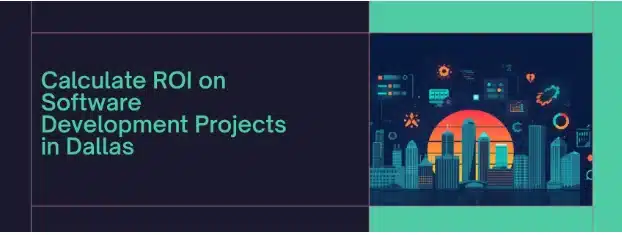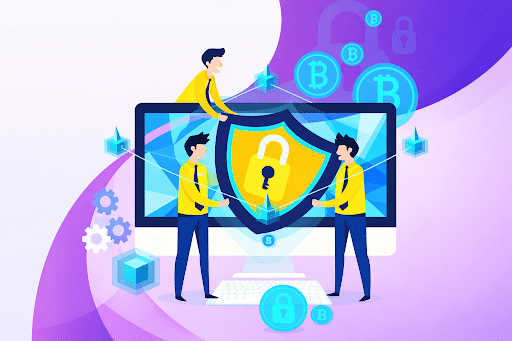
Electricity powers our world but can also be unexpectedly dangerous if mishandled, especially in work environments. From simple shocks to explosive arc flashes, electricity poses safety hazards many people don’t fully appreciate. Employees often need to be made aware of the potential consequences if electrical systems are not treated carefully and worked on properly.
NFPA 70E sets comprehensive guidelines on electrical safety best practices that employers legally must follow. By getting NFPA 70E certification, employees can better protect themselves while championing improved workplace safety protocols. Certification involves training on hazard avoidance, risk reduction methods, and equipment usage and arming personnel with the knowledge to avoid needless harm.
This content explores the background and purpose of NFPA certification in making electrical systems safer for individual employees and organizations.
History of NFPA 70E Requirements
NFPA 70E was initially developed in response to the proliferation of electrical accidents in American workplaces during the 1970s. The National Fire Protection Association assembled a committee of experts in 1976 to create impactful solutions.
This group worked to establish practical, actionable guidelines for companies to implement to protect their employees from electrical hazards. First published in 1979, the new NFPA 70E standard drew from thorough research on safety strategies and system design.
Over the years, NFPA 70E certification has evolved by integrating new learning and technologies while accumulating real-world insight. Today, it provides the most comprehensive electrical safety guidance, setting vital rules and processes informed by painful lessons and innovation.
How NFPA 70E Relates to OSHA Standards
While the NFPA develops codes and standards, it has no legal enforcement authority. However, OSHA incorporates many consensus codes into its electrical safety regulations, which employers must comply with. In particular, OSHA directs organizations to utilize the control measures outlined in NFPA 70E when setting up safety programs. So, understanding 70E guidelines is critical to ensuring OSHA compliance.
What Getting Certified Entails
While organizations must implement NFPA 70E system requirements, individuals can get certified to demonstrate their expertise. The credentialing process involves taking prescribed courses on electrical safety topics relevant to one’s daily professional tasks. These include lessons on hazard avoidance, risk management methods and selection of proper protective equipment. Afterwards, the candidate must pass a comprehensive exam testing their knowledge of NFPA 70E protocols.
How It Improves Electrical Safety Performance
Having employees with NFPA 70E certification is no guarantee against accidents, but it dramatically reduces risks. They understand potential electrical dangers, safe equipment operation, emergency response and regulatory obligations. Such personnel can oversee safety programs, audit installations, deliver training, ensure code compliance and address hazards. Organizations report 60-80% reductions in electrical incidents after getting their experts with NFPA 70E certification on board.
Conclusion
In closing, electricity is vital for modern institutions but also introduces severe risks to personnel. NFPA 70E certification ensures individuals thoroughly understand electrical hazards and standards for safety established by experts over decades. Having certified team members promotes robust safety protocols, and OSHA compliance and, most importantly – saves lives through accident prevention or management if it occurs.

Why Retail Software Testing is Critical for Effective E-commerce Development?

How Sales Teams Increased Productivity with Parallel Dialers

Curtain Dry Cleaning and Leather Sofa Cleaning – Reliable Care by Duo Nini

SEO for ChatGPT: Boost Your Brand in AI Responses

LLM-Native Software Architecture: Designing Products for Agents, Not Just Humans

LLM-Native Software Architecture: Designing Products for Agents, Not Just Humans

How to Calculate ROI on Software Development Projects in Dallas?

Best Practices to Secure Smart Contracts in Blockchain Games








